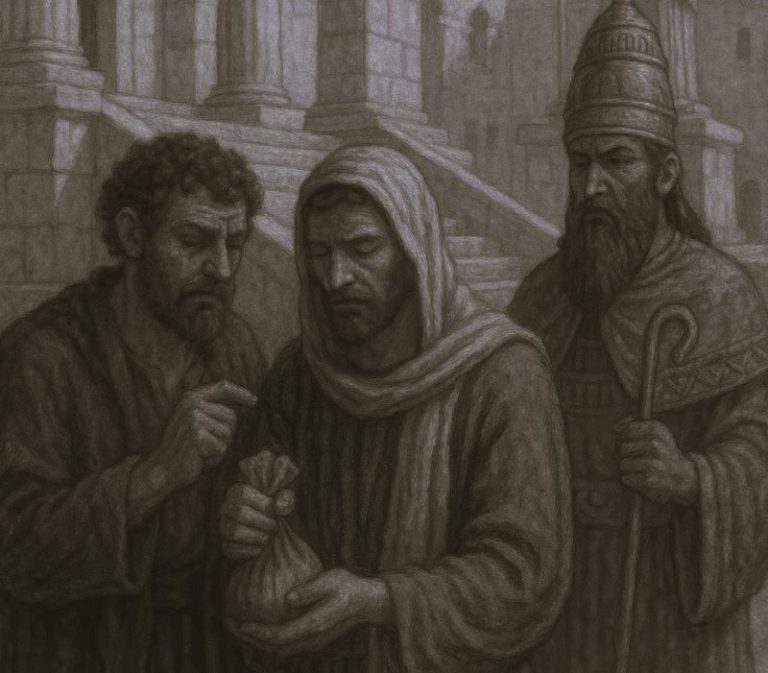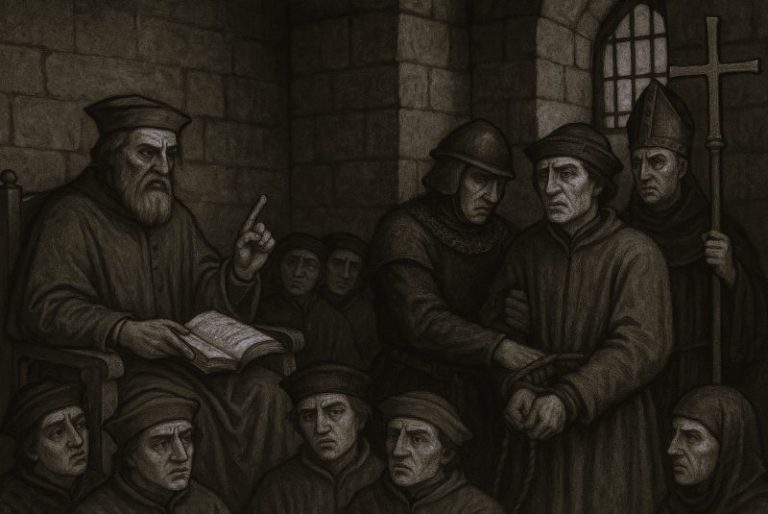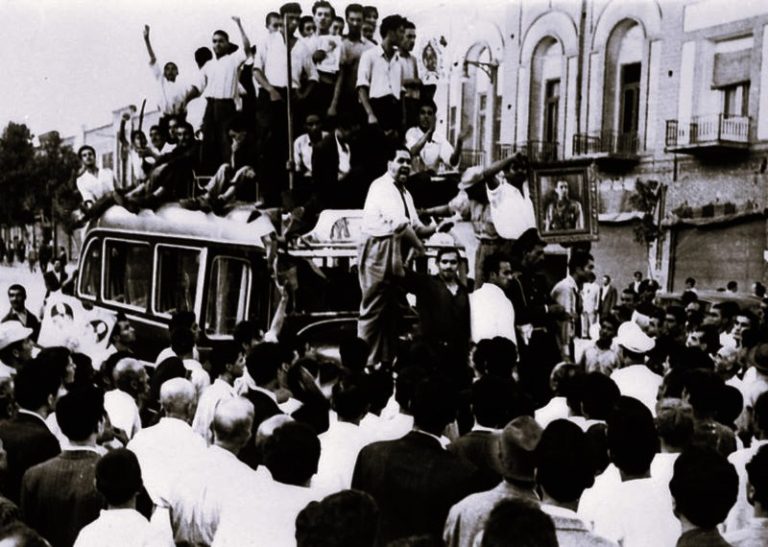

The ‘Morality Police’ are a task force with all the powers of a law enforcement agency.

By Nadeen Ebrahim
Reporter
CNN
A young Iranian woman was pulled off the streets of Tehran by the country’s notorious morality police and taken to a “re-education center” for lessons in modesty last week. Three days later, she was dead.
The government has strongly rejected responsibility for 22-year-old Mahsa Amini’s death, but the news has nonetheless galvanized thousands of Iranian women who have for decades faced the wrath of the Islamic Republic’s morality enforcers firsthand.
Amini’s story has pulled Iran’s apparatus of discipline back into the limelight, raising the question of accountability and impunity enjoyed by the country’s clerical elite.
“It would be hard to find an average Iranian woman or an average family who does not have a story of interaction with [the morality police and re-education centers],” said Tara Sepehri Far, a senior researcher in the Middle East and North Africa division at Human Rights Watch. “That is how present they are.”
The morality police are a law enforcement force with access to power, arms and detention centers, she said. They also have control over the recently introduced “re-education centers.”






